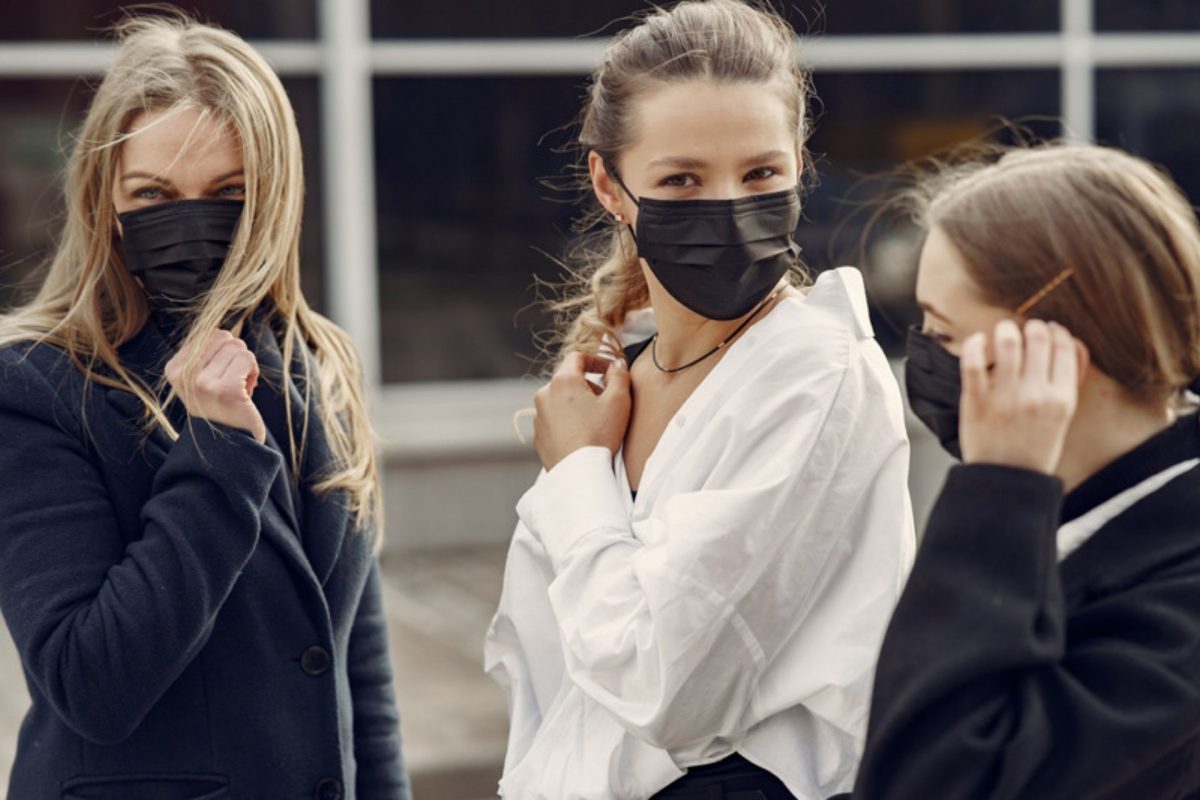
A University of Manitoba study found that 65.4 per cent of 16- to 21-year-olds in Manitoba said they would receive a COVID-19 vaccine, 8.5 per cent said they would not get a vaccine and 26.1 per cent said they were unsure.
65% of 16- to 21-year-old Manitobans willing to receive COVID-19 vaccine
A new University of Manitoba study found that 65.4 per cent of 16- to 21-year-olds in the province said they would receive a COVID-19 vaccine and the research results will inform public health organizations on what they can do to reach those who are unwilling or unsure about receiving a vaccine.
The study, titled Older adolescents and young adults willingness to receive the COVID-19 vaccine: Implications for informing public health strategies, published in the Elsevier journal Vaccine, found that 8.5 per cent of the 664 adolescents and young adults who took part in the research said they would not get a vaccine and 26.1 per cent said they were unsure.
“There hasn’t been very much research on COVID-19 vaccine willingness and hesitancy among this age group. It’s really important that we focus on this age group because some may be less likely to adhere to public health guidelines,” said the study’s principle investigator Dr. Tracie Afifi, professor of community health sciences, Max Rady College of Medicine, Rady Faculty of Health Sciences, and Canada Research Chair in Childhood Adversity and Resilience.
The top three reasons the young people gave for being unsure or unwilling to get a vaccine were concerns about safety, lack of knowledge about the vaccines and concerns about effectiveness.
Young people who were less willing to get a vaccine included those who had a financial burden because of COVID-19, lower household income, household that runs out of money, a parent with lower education, a spanking history, household substance use, a peer victimization history and a history of being in foster care or contact with a child protection organization.
Afifi said that one interesting finding was a difference between males and females regarding reasons for not wanting to get a vaccine. Males were more likely to say they weren’t concerned about getting COVID-19 and females were more likely to say they wanted more information to make a decision.
“What the study results do is really help public health with messaging and communication,” Afifi said. “It gives us targets on what these adolescents and young adults need to know in order to change their minds so that they will go and get vaccinated.”
Afifi said that increasing the uptake of the COVID-19 vaccine in this age group may rely on targeting those from households with lower income, financial burden and adversity history. She said that public health messaging could focus on vaccine safety, how it works to protect against illness and why it is important to protect against a COVID-19 infection.
This messaging could be carried out on social media and also at schools, colleges and universities, she said, adding that frontline service organizations who work with older adolescents and young adults are also a good channel for communicating this information.
“Public health strategies that are specifically tailored to older adolescents and young adults using these recommendations may be successful in increasing uptake of COVID-19 vaccines and play a critical role in ending the pandemic,” Afifi said.
Even though the study’s sample is from Manitoba, Afifi said that there is no reason to believe the results would be substantively different outside of the province. The information could help public health organizations in other provinces and countries, she said.






